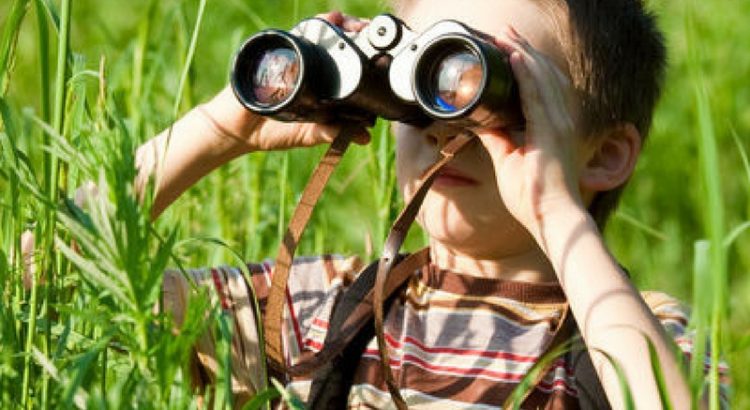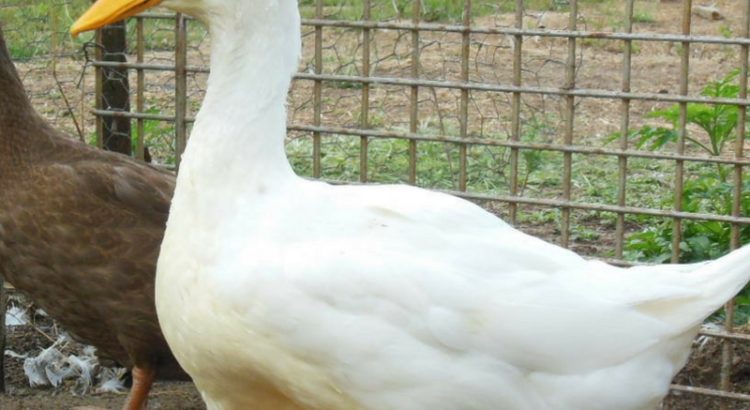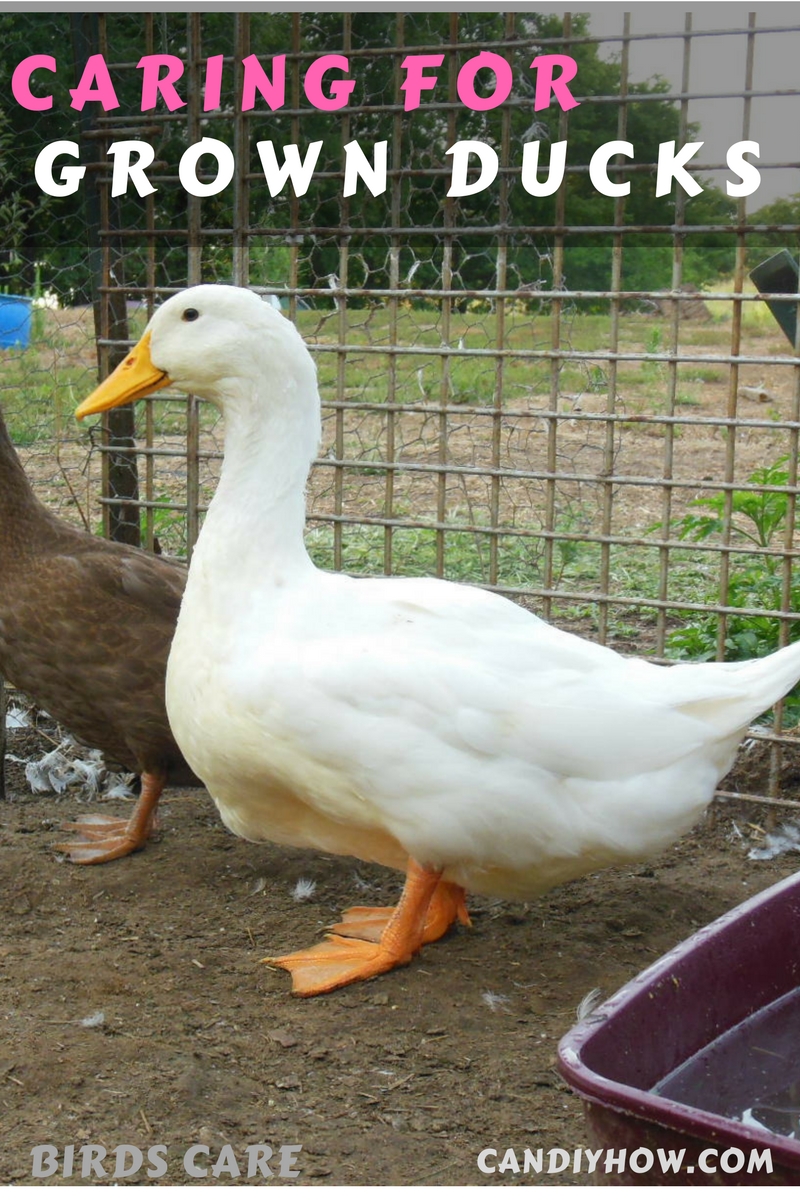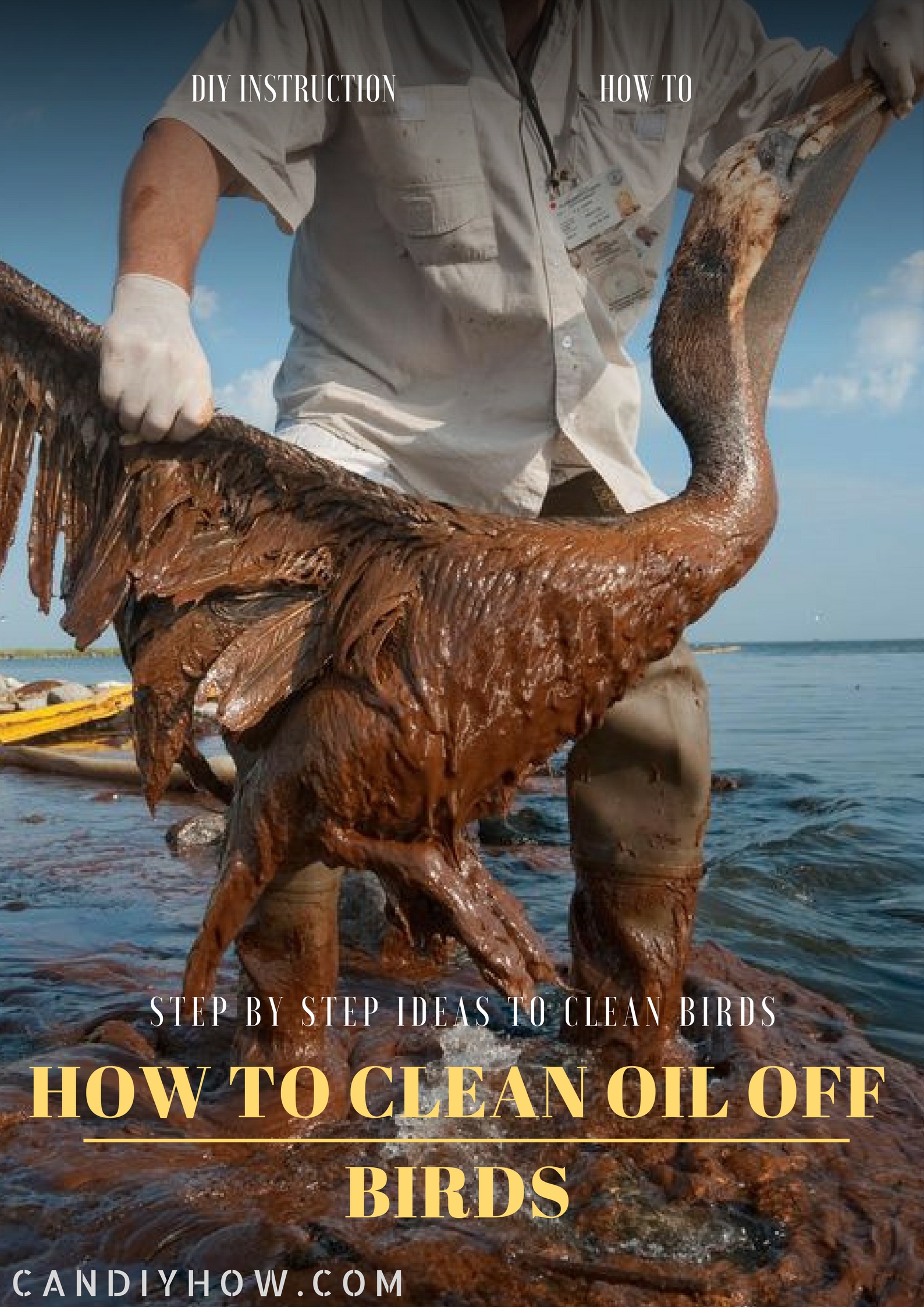Some people have a fetish for finding and recognizing different types of birds with various species and becoming a bird watcher is the best solution to that desire.
If you are also seeking for a way to get involved in the lifestyle of birds along with their varieties of appearance and multiplicity of species then simply become a bird watcher and quench your dream optimistically. Some people decide to be a bird watcher but sometimes, they don’t know the exact way to be a perfect bird watcher, if you are also suffering from the same queries then let us help you here with the apparent guidance over this issue, check it out now-
How to Become a Bird Watcher:
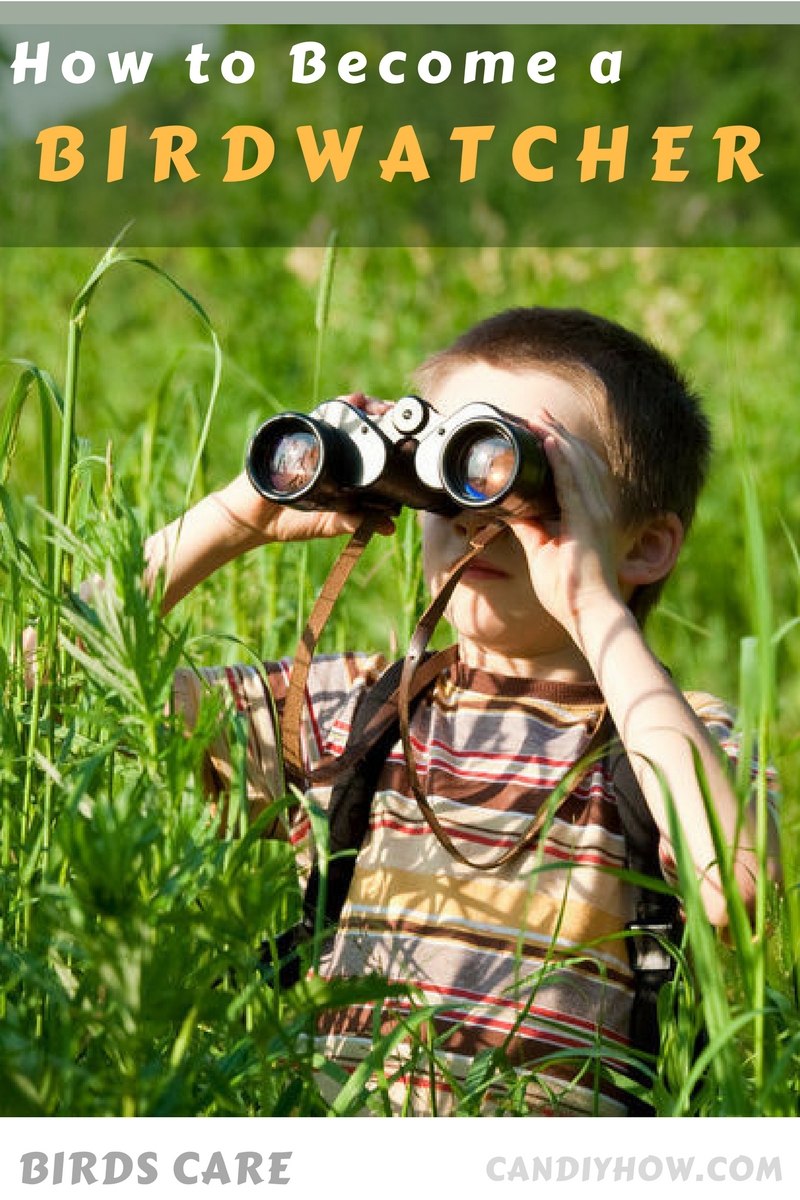
Birdwatcher – Birder Guide
- Do some research on a few common bird species to know when and where to find them?
- Use the internet well for this task and you can take help of some professionals as well to recognize the genus of birds clearly.
- Sometimes reading books, journals on birds and talking to a friend who knows or owes birds would be helpful too in this venture.
- Be a member of birdwatcher community to know more about this segment expertly.
- If you want to do this all alone then, gather some useful materials which are essential for a birdwatcher and begin the bird surveillance mission immediately.
- You will need a binocular, a hat, a sunglass, telescope, a guide to that place where you are going to hunt, and a carrier bag to carry these stuffs during your mission.
- Try to get well dressed during this time is another crucial part of a birdwatcher and try to wear an outfit that could make you flexible enough to run, climb, sit or lie anywhere throughout the whole process.
- According to the expert birdwatcher, you need to dress in some vibrantly colored outfit to get merged with nature or wild atmosphere more effortlessly while following a bird in their wild habitat.
- If you are going follow birds for an extended period then try to keep yourself prepare enough to face small difficulties during the bird-watching session.
- A bottle of drinking water, some dry foods, antiseptic cream, sleeping bag, tent materials, battery light, a pair of clothes, a knife, a diary, a pen, etc. are some helpful component, which can help you’re here.
- After following all the initial stage properly, find your bird with the help of a binocular, follow it slowly, keep observing them frequently, and note down the natural behavior of that bird in your diary, whenever you get a chance during this session.
- Once you finish a mission, get some rest for a few days, set a new goal with some other bird species and keep repeating the steps again.
